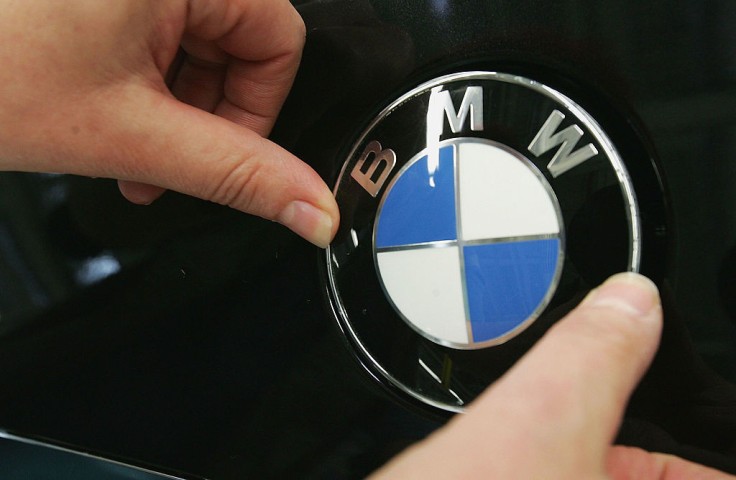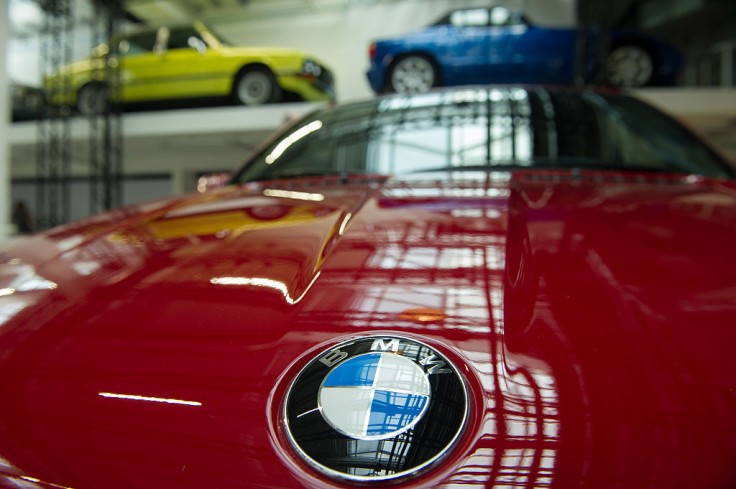The global chip shortage is still causing issues for automakers, with some vehicles being shipped without all of their advertised features. Among these brands is BMW which is releasing some of its new cars without Apple CarPlay or Android Auto.

9to5Google noted that almost every BMW model has complete support for Android Auto starting in 2019 and growing in 2020.
The missing feature is due to an ongoing chip scarcity that has impacted practically every business that uses electronics. BMW said it switched suppliers and began utilizing a chip that does not yet have adequate software for Android Auto or CarPlay use in order to get the cars to their destinations on time.
How Can You Tell Whether Your Brand-New BMW Is Affected?
According to 9to5Google, citing the Automotive News Europe report, you can check the production code for "6P1" to see if your newly purchased BMW is affected. The models in question were built between January and April of this year and have been delivered to the U.S., France, Italy, Spain, and the United Kingdom.
Fortunately, the affected car owners will only be inconvenienced for a short time, as BMW has confirmed to Automotive News Europe that these vehicles will receive an over-the-air (OTA) upgrade "by the end of June at the latest," bringing full Android Auto and CarPlay features.
What Is the Reason Behind BMW's Decision?
The problem is said to be the result of BMW switching chip suppliers in order to cope with the shortfall as quickly as possible.
In other words, Digital Trends explained that switching suppliers avoided the company from pausing shipments while waiting for the chips to arrive. Instead, it was able to install the new supplier's chips and ship the cars, with the main stumbling block being the requirement to send out updated software to enable certain features.
Read More : Tesla Joins Citigroup and Yelp in Covering Transportation Costs for Employees Seeking Out-of-State Abortions
The chip scarcity isn't anticipated to ease anytime soon because of pandemic-related supply chain issues and other factors, with Intel's CEO noting last month that it could take several years for his company to recover.
Digital Trends pointed out that while the problem is an irritant for customers, it shouldn't be too much of a hassle if BMW follows through on its commitment to fixing the problem by the end of next month.
It's apparently preferable for the automaker to keep the vehicle till the functionality is available.
This Is Not the First Time BMW Delivered Cars With Missing Features
Engadget mentioned that this isn't the first time BMW has supplied automobiles that are missing non-essential components to avoid shipment delays. Due to a global chip scarcity, the carmaker removed touchscreen functions from several vehicles last fall.

BMW is far from the only automaker to use this approach. Tesla chose to send some cars without USB ports last fall, at the same time BMW was dealing with the touchscreen issue. Ford then supplied certain Explorer SUVs without rear temperature controls earlier this year.









